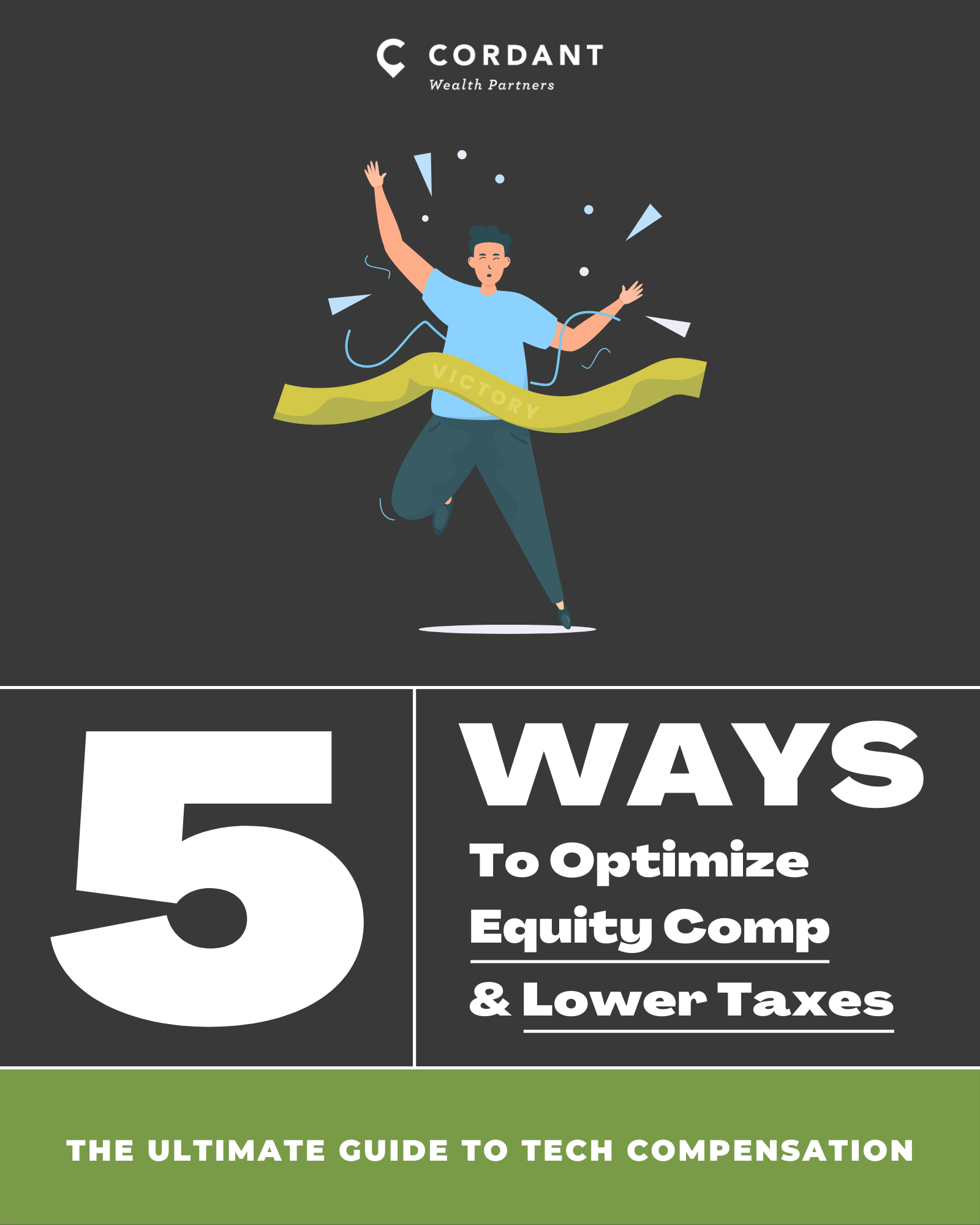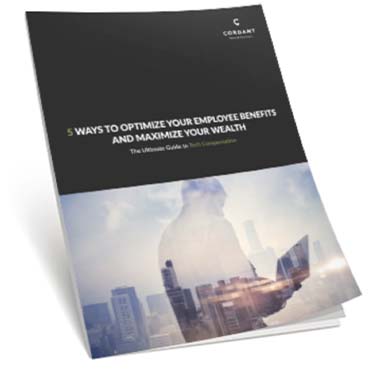Good morning! Chances are you woke up today to news of Britain voting to leave the European Union, and more than one ALL CAPS headline screaming that financial markets are plunging. Here’s some perspective:
- As of this morning, The S&P 500 index is still up 1% year-to-date
- US Small-cap stocks (IWM) are up 0.7% YTD
- Emerging Markets stocks (VWO) are up 3.4% YTD
- Bonds (AGG) are also up 3.6% YTD
- The stock market in the UK is down, sure. But, only down to the levels of late February of this year
- Same thing for European markets
- After one of the largest one-day moves in the British Pound ever, it’s also it back to the level seen way back in February of this year
- World stocks markets (ACWI) in total are down only 1.3% YTD
While the financial markets don’t like uncertainty (and this vote definitely creates some uncertainty), and traders are likely going to sell first and ask questions later, it’s important to remember that we are investors, not traders. Our time frame as investors (and your goals, objectives, and financial plan) is years and decades, not hours, days or even weeks. This vote, or any market move over a week isn’t going to deter a well-designed financial plan or investment strategy.
More Perspective
Weeks like this are an important reason why stocks have returned more than bonds over time. As we wrote last August when the markets were in a bit of a selloff:
The feeling you have right now—that uncomfortable feeling in your gut making you wonder “is my portfolio alright?”—that’s also a big reason that stocks have returned more than bonds over time. In a very visceral way, owning stocks compared to bonds is simply more painful at times. These pullbacks happen, and it’s not a whole lot of fun when you’re in the middle of one.
I think what’s important, then, is to step back and see the forest for the trees. These pullbacks (the trees) can seem pretty big and important when we are in the midst of them. But zooming out to the forest-level view, we get a sense of just how minor each individual pullback is to long-term market performance.
The chart below from my friend Michael Batnick at Ritholtz Wealth Management paints this picture nicely. Notice how much of the time the stock market has spent in either a 5%, 10%, or 20% drawdown. And yet from 1957-2014, for those disciplined investors willing to ride out these drawdowns, the market has returned 10.2% annually—turning $1,000 investment into more than $250,000! What matters for the disciplined investor is again, “time in the markets, not timing the markets.”

Why International
With the US Markets outperforming the International markets over the last few years we’ve received a number of questions regarding why to invest internationally in the first place. Why can’t we just own US stocks? And events like this might prompt the question again. But, events like this are precisely why it does make sense to diversify internationally. You don’t want your portfolio, your financial plan, and your financial future tied to the economic prospects and the voting decisions of any one population. Consider the following from financial writer Jonathan Clements:
If [your] 100% stock allocation consists entirely of U.S. stocks, you are betting on just one of the global financial markets’ four major sectors. What if the U.S. turns out to be the next Japan? It strikes me as improbable. But in the late 1980s, when Japan’s economy was the envy of the world, the subsequent bear market would also have been considered wildly improbable.
My contention: If you’re going to invest heavily in stocks, you should consider allocating as much as 40% to foreign shares, so you aren’t betting too heavily on a single country’s stock market. I don’t know whether that will help or hurt returns. But it will reduce risk—and potentially save you from financial disaster.
So, What Should You Do? What Are We Doing?
1. Frame current market movements in light of your long-term goals. Chances are nothing that happens this week is going to deter your long-term financial goals or plan. View your investments as a means to achieve your long-term financial goals, and don’t worry about the tick-by-tick movement of your portfolio.
2. Don’t Pay the ‘Panic Tax.’ To realize the equity risk premium, we have to avoid buying and selling, based on fear or greed, at the wrong time. We call it the “Panic Tax” and paying this tax can have a huge impact on your returns.
According to Morningstar, for the ten years ending in 2014, investors in U.S. equity funds lost 1% annually from their returns because of these poorly timed buy and sell decisions (International fund investors fared worse, costing themselves 1.2%). For example, in 2012, the U.S. equity fund category saw the largest net outflows (-$94 billion) and taxable bonds had the highest inflow ($270 billion). Their returns in the next year: 35% for U.S. equity versus 0.15% for bonds.
3. Look for opportunities. As Warren Buffett said, “Be greedy when others are fearful.” Should the market selloff continue, we will look for buying opportunities—whether that’s increasing exposure to a given region, utilizing options to capitalize on increased volatility, or simply rebalancing to sell appreciated bonds and buying stocks at a discount.
4. Tax-Loss Harvest. If there are losses in your portfolio that can be used to offset future gains, market moves like this are a good time to take advantage.
What happens next?
While we (nor anyone else) knows what the markets will do in the short term, the Brexit will play out over the next several months and possibly years. Here’s a brief outline on where Britain goes from here:
- “A Brexit vote is not legally binding, and there are a few ways it could theoretically be blocked or overturned. However, as the BBC notes, “it would be seen as political suicide to go against the will of the people as expressed in a referendum.” (vox.com)
- “Once Britain invokes Article 50, it will have a two-year window in which to negotiate a new treaty to replace the terms of EU membership.”vox.com
- “In the best-case scenario, Britain may be able to negotiate access to the European market that isn’t that different from what it has now. Norway is not a member of the EU, but it has agreed to abide by a number of EU rules in exchange for favorable access to the European Common Market.”vox.com
- Some think that “Britain’s long-term economic future would be largely unaffected by a decision to leave the European Union.” (woodfordfunds.com)
- Others, see some economic costs, “There will be costs; a review of 13 separate studies found eight saying Britain would be worse off and three saying it would be better off. (The remainder saw mixed effects). Still, even the British government’s estimates of 0.2 to 0.6 percentage points lower growth over 15 years may not be enough for the average Britain to notice.” (wsj.com)
Click here for disclosures regarding information contained in blog postings.



